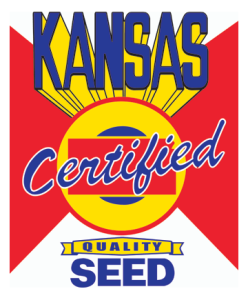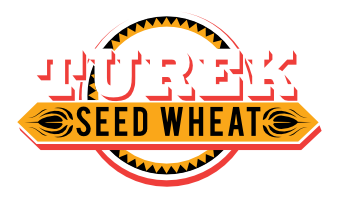Certifications That
Set The Standard
Seed Certification Process Explained
Three classes of certified seed: foundation seed, registered seed, and certified seed.
Foundation seed is used to produce registered seed and is controlled by the originator. Registered seed is available through certified growers and used to produce certified seed.
- Kansas Crop Improvement Association (KCIA) is involved in every step of seed increase.
- To buy registered seed, the buyer needs proper credentials, or the seller can downgrade seed to certified.
- KCIA requires certified seed wheat to be planted on land that has not grown a cereal crop in the previous 12 months, unless it was the same class and variety of certified wheat.
- Growers apply for certification of the field to KCIA, and a field inspector inspects the field just prior to harvest.
- The inspector looks for off-type plants, noxious and objectionable weeds, as well as isolation from other varieties.
- If passed, the field is harvested and must be conditioned by a licensed certified seed cleaner.
- A representative sample is sent to the seed laboratory for analysis.
- If passed, the seed can then be labeled by the grower that is registered with the proper authority.
Turek Seed Wheat is a member of various associations and licensed with the Kansas and Oklahoma Departments of Agriculture.

